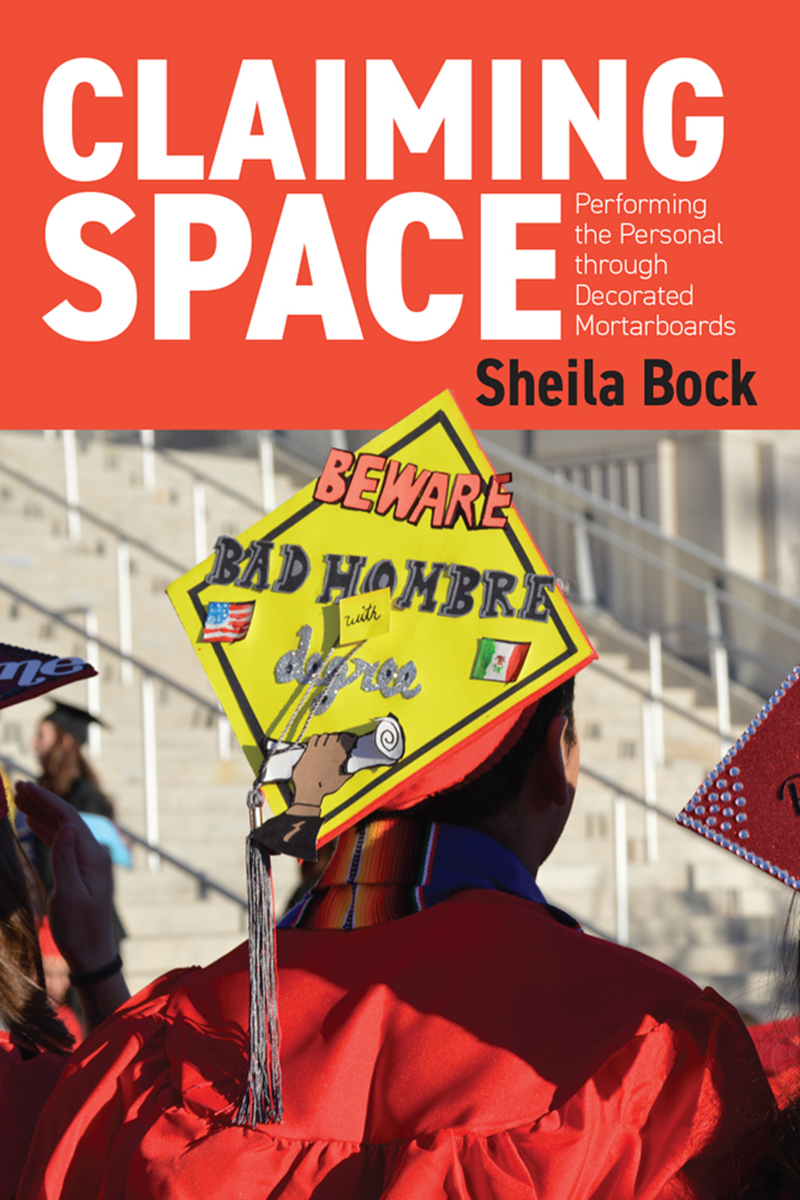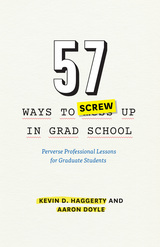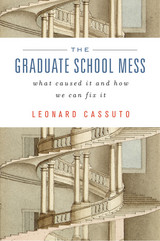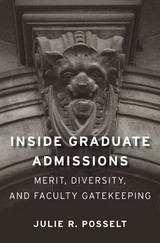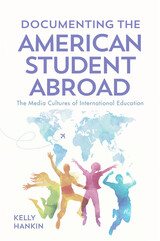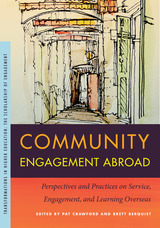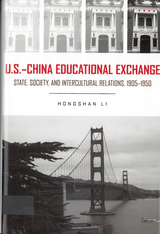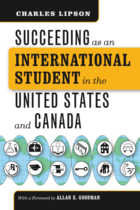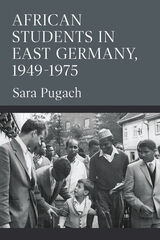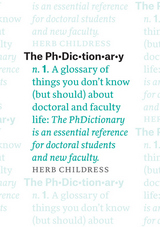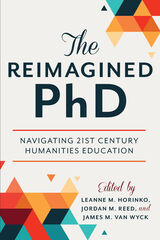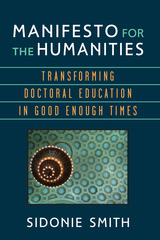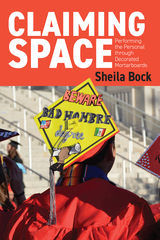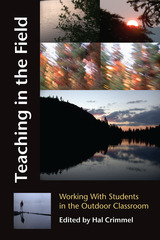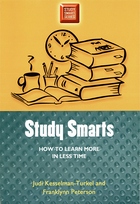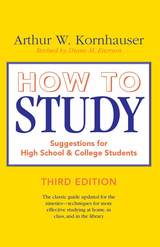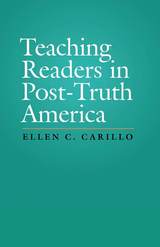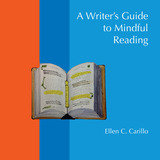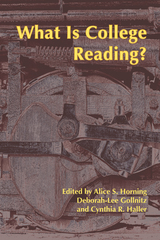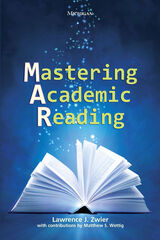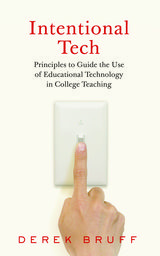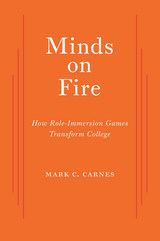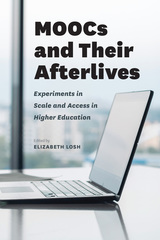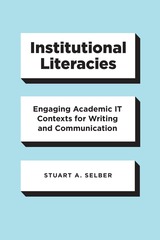Claiming Space: Performing the Personal through Decorated Mortarboards
Utah State University Press, 2023
Paper: 978-1-64642-524-2 | Cloth: 978-1-64642-523-5 | eISBN: 978-1-64642-525-9
Library of Congress Classification LB2389.B64 2023
Dewey Decimal Classification 378.28
Paper: 978-1-64642-524-2 | Cloth: 978-1-64642-523-5 | eISBN: 978-1-64642-525-9
Library of Congress Classification LB2389.B64 2023
Dewey Decimal Classification 378.28
ABOUT THIS BOOK | AUTHOR BIOGRAPHY | REVIEWS | TOC | REQUEST ACCESSIBLE FILE
ABOUT THIS BOOK
Claiming Space examines the growing tradition of decorating mortarboards at college graduations, offering a performance-centered approach to these material sites of display. Taking mortarboard displays seriously as public performances of the personal, this book highlights the creative, playful, and powerful ways graduates use their caps to fashion their personal engagement with notions of self, community, education, and the unknown future.
Claiming the space of these graduation caps is a popular and widespread way that individuals make their voices heard, or rather seen, in the visual landscape of commencement ceremonies. The forms and meanings of these material displays take shape in relation to broader, ongoing conversations about higher education in the United States, conversations grounded in discourses of belonging, citizenship, and the promises of the American Dream. Integrating observational fieldwork with extensive interviews and surveys, author Sheila Bock highlights the interpretations of individuals participating in this tradition. She also attends to the public framings of this tradition, including how images of mortarboards have grounded online enactments of community through hashtags such as #LatinxGradCaps and #LetTheFeathersFly, as well as what rhetorical framings are employed in news coverage and legal documents in cases where the value of the practice is both called into question and justified.
As university administrators and cultural commentators seek to make sense of the current state of higher education, these forms of material expression offer insight into how students themselves are grappling with higher ed's promises and shortcomings. Claiming Space is a meaningful contribution to folklore, cultural studies, media studies, and education.
Claiming the space of these graduation caps is a popular and widespread way that individuals make their voices heard, or rather seen, in the visual landscape of commencement ceremonies. The forms and meanings of these material displays take shape in relation to broader, ongoing conversations about higher education in the United States, conversations grounded in discourses of belonging, citizenship, and the promises of the American Dream. Integrating observational fieldwork with extensive interviews and surveys, author Sheila Bock highlights the interpretations of individuals participating in this tradition. She also attends to the public framings of this tradition, including how images of mortarboards have grounded online enactments of community through hashtags such as #LatinxGradCaps and #LetTheFeathersFly, as well as what rhetorical framings are employed in news coverage and legal documents in cases where the value of the practice is both called into question and justified.
As university administrators and cultural commentators seek to make sense of the current state of higher education, these forms of material expression offer insight into how students themselves are grappling with higher ed's promises and shortcomings. Claiming Space is a meaningful contribution to folklore, cultural studies, media studies, and education.
See other books on: Academic achievement | Aims and objectives | Education, Higher | Sociological aspects | Universities and colleges
See other titles from Utah State University Press
